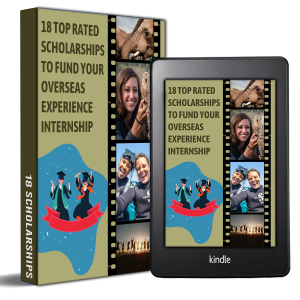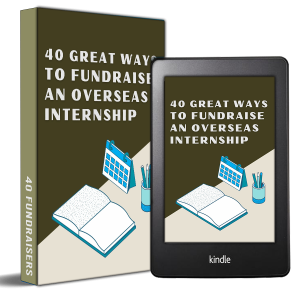This agreement describes the terms and conditions for participation in the Africa Media affiliate program. In this agreement, the term “affiliate” refers to you (the applicant). In this agreement, “Africa Media” refers to Africa Media Productions cc. You enter this agreement with Africa Media Productions cc. By applying to the Africa Media affiliate program you are confirming that you have read this agreement and agree to these terms and conditions.
Affiliate Programs
There is one type of affiliate program with Africa Media: affiliate program
Commissions
For a sale to generate a commission to an affiliate, the customer must complete the order form and remit a non-refundable USD750 deposit payment for the product. Commissions will only be paid on sales that are made when the customer clicks through qualified, correctly structured affiliate links (individually supplied to each affiliate). Properly coded links are the sole responsibility of the affiliate. Commissions can be viewed on the Affiliate Dashboard.
Payments to affiliates will only be made following requests by affiliates via a formal portal that is accessible on the Affiliate dashboard. Affiliates are entitled to accumulate commissions and commissions will not expire.
Payment
An affiliate can request a payment when their balance reaches a minimum balance of $200 USD. Payments can be requested once every 30 days. Payment processing can take up to 5 working days from the date it was requested. There are two types of payments that can be made in the affiliate program
Method 1. Payment into the affiliate PayPal account (as determined by email address supplied by an affiliate). Any fee applied by PayPal will be for the affiliate account.
Methods 2. Affiliates can transfer due commissions to their outstanding account with Africa Media. This is typically used to offset costs of upcoming participation of the affiliate in an Africa Media experiential learning program.
Refunds
In the event a customer requests and secures a refund for a transaction for which the affiliate has earned commissions, any commissions earned on the refund amount will be deducted from the affiliate’s balance.
Usage and Obligations
Affiliates are permitted to use the Africa Media brand and marketing resources available in the affiliates section of the Affiliate Program. Logos and other assets cannot be modified. The affiliate does not gain any trademark, copyright or any other rights to these materials.
The affiliate will never imply that they are acting on behalf of Africa Media. The affiliate is not an agent of Africa Media, nor employed by Africa Media. The affiliate will never bid for advertisements that compete with Africa Media.
The affiliate will never represent themselves, Africa Media or their relationship with Africa Media in a false or misleading way.
The affiliate will not engage in the distribution of an unsolicited bulk email (spam) mentioning or referencing Africa Media.
Term and Termination
Both parties have the right to terminate the agreement immediately without prior notice.
If the affiliate terminates the agreement, no further commissions from Africa Media will be paid for any past or future customer transactions.
If Africa Media chooses to terminate the agreement, any balance greater, or equal to $200 USD will be paid to the affiliate within 60 days of termination. Balances that are smaller than $200 will be forfeited.
Governing Law
This agreement shall be governed, construed, and enforced in accordance with the laws of South Africa, without regard to its conflict of laws rules.
Arbitration
All claims and disputes arising under or relating to this agreement are to be settled by binding arbitration in South Africa. An award of arbitration may be confirmed in a court of competent jurisdiction.
Modification
We may modify any of the terms and conditions within this agreement at any time and at our sole discretion. These modifications may include, but are not limited to changes in the scope of available commissions, commission schedules, payment procedures and Affiliate Program rules.
 Let us know where to send additional funding opportunities whilst you download these 18 top scholarships for experiential travel adventures!
Let us know where to send additional funding opportunities whilst you download these 18 top scholarships for experiential travel adventures!